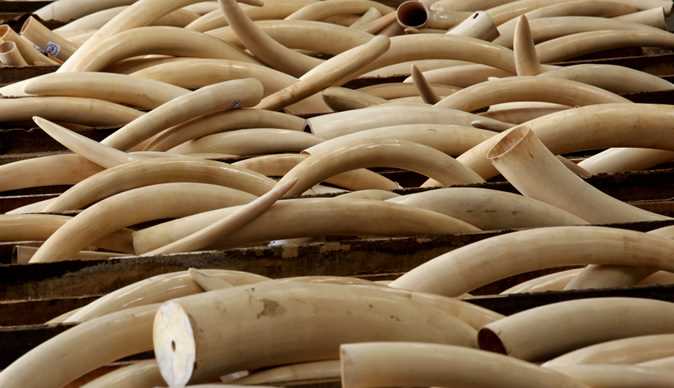
Zim Now Writer
THE Southern African Development Community (SADC) will push for a variable-weighted vote that gives more voting power to countries hosting wild creatures, whose trade is governed under the Convention on International Trade in Endangered Species of Wild Fauna and Flora (CITES), according to Minister of Environment, Climate, Tourism and Hospitality Industry Mangaliso Ndlovu.
This comes as environment ministers from the region met virtually on Thursday ahead of the 19th Conference of the Parties (COP 19) scheduled for Panama starting tomorrow.
The ministers agreed that there was need to give more “voting weights to countries hosting the species”, whose trade is regulated by CITES.
Zimbabwe, with an estimated elephant population of 100 000, alongside other southern African nations, is seeking to sell elephant tusks in a bid to raise funds for its conservation programmes and also to keep the elephant population at sustainable levels to avoid human-wildlife conflicts.
“The current situation where decisions are made by countries that are least or not affected is not healthy,” Minister Ndlovu said.
“We are saying we need to put some weightage on voting . . . to give regard to countries that host these species.
He blamed powerful nations for using CITES to regulate the trade in animal products not in their realm.
Related Stories
He added that SADC also agreed that the region would also lobby for the “involvement and inclusion” of communities affected by human-wildlife conflicts.
“The affected people are not involved in most of the processes. Their voices are not heard,” said Ndlovu.
CITES is a pact among 171 governments to ensure trade in wild animals and plants does not threaten their survival and imposes controls on international trade in the species.
The United Nations body imposed a global ban on ivory sales in 1989 to stem a wave of poaching. Since the universal ban, Zimbabwe, Botswana and Namibia were only allowed to sell their stockpiles in 1998 in a once-off sale.
Zimbabwe, with stockpiles of 163 tonnes of ivory valued at US$600 million, has already warned it may pull out of CITES if it is not allowed to sell its ivory.
Botswana, which has the highest elephant population on globally, has also threatened to pull out if it is not permitted to sell its elephant tusks.
In 2020, there were more than 50 injuries and 60 deaths resulting from wildlife-human conflict, according to the Zimbabwe Parks and Wildlife Management Authority’s website, a 50 percent increase from the previous year.
Climate change-induced droughts have resulted in elephants straying into villages in search of food and water, causing human-wildlife conflicts.










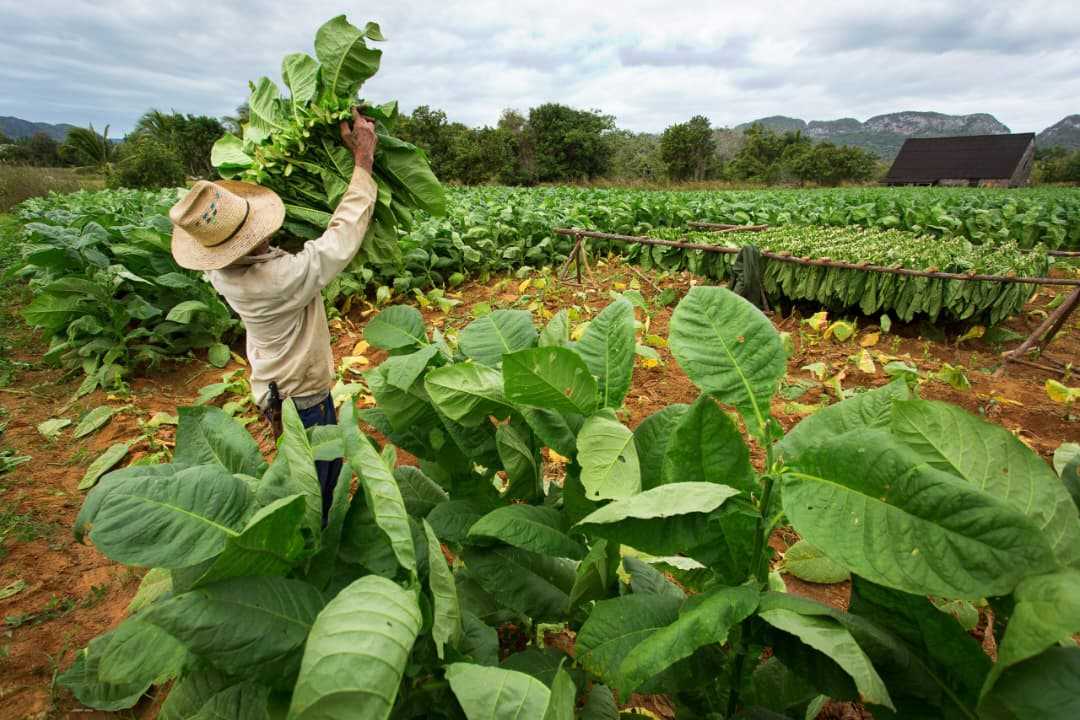
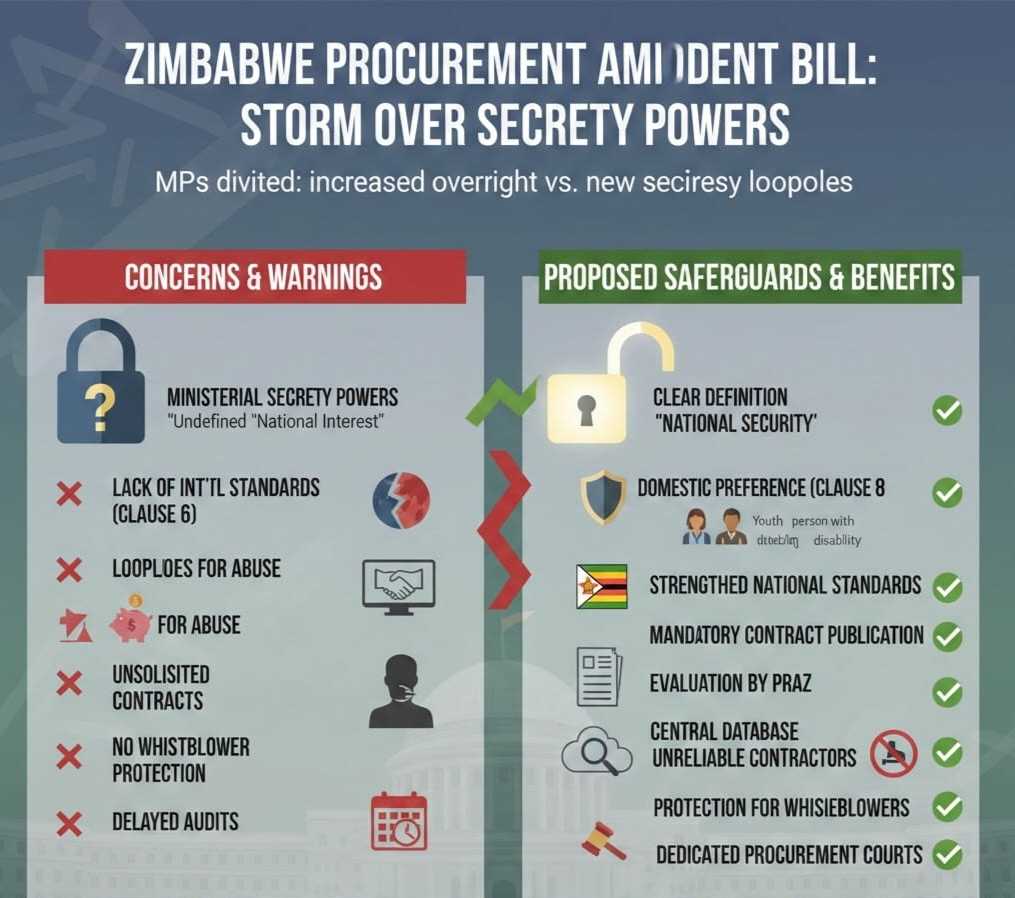
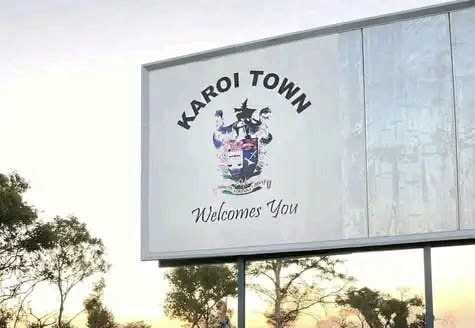

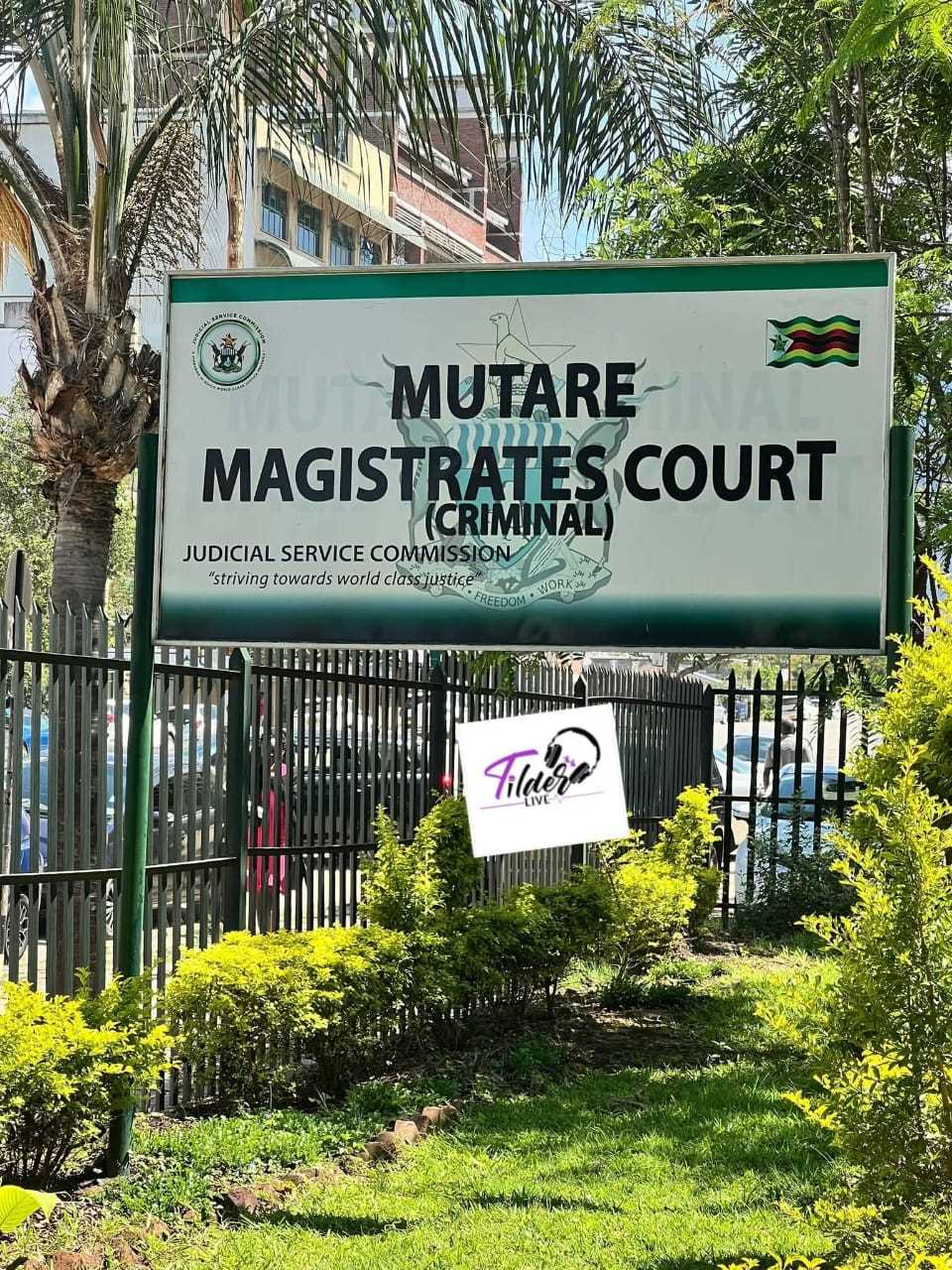

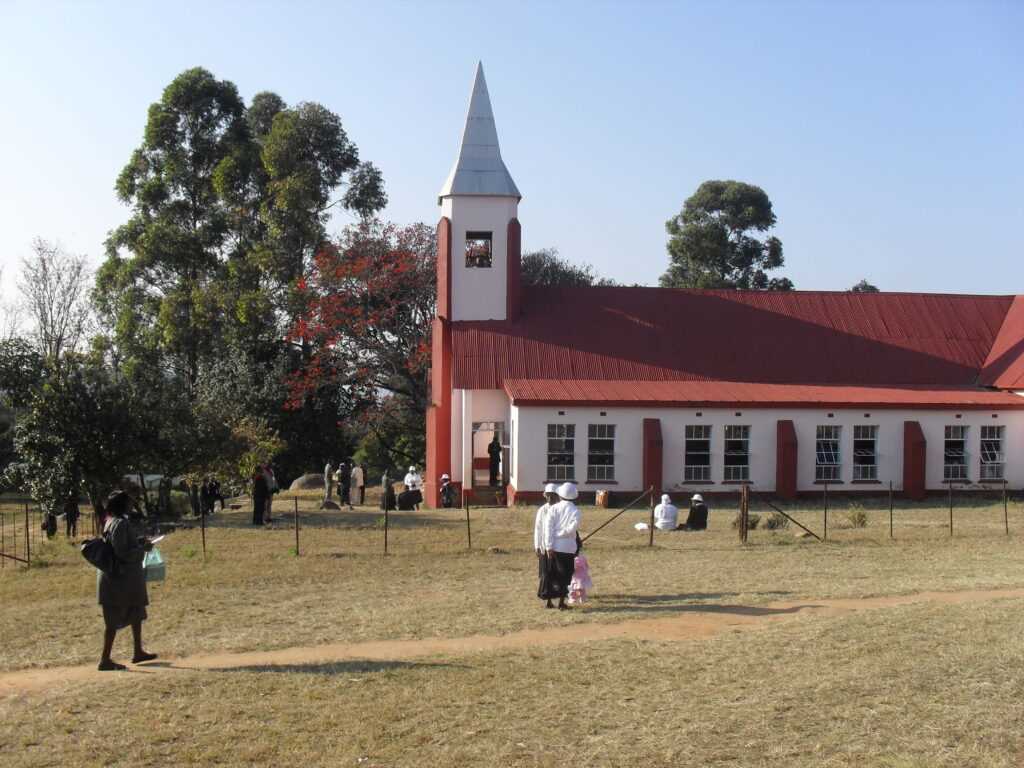



Leave Comments